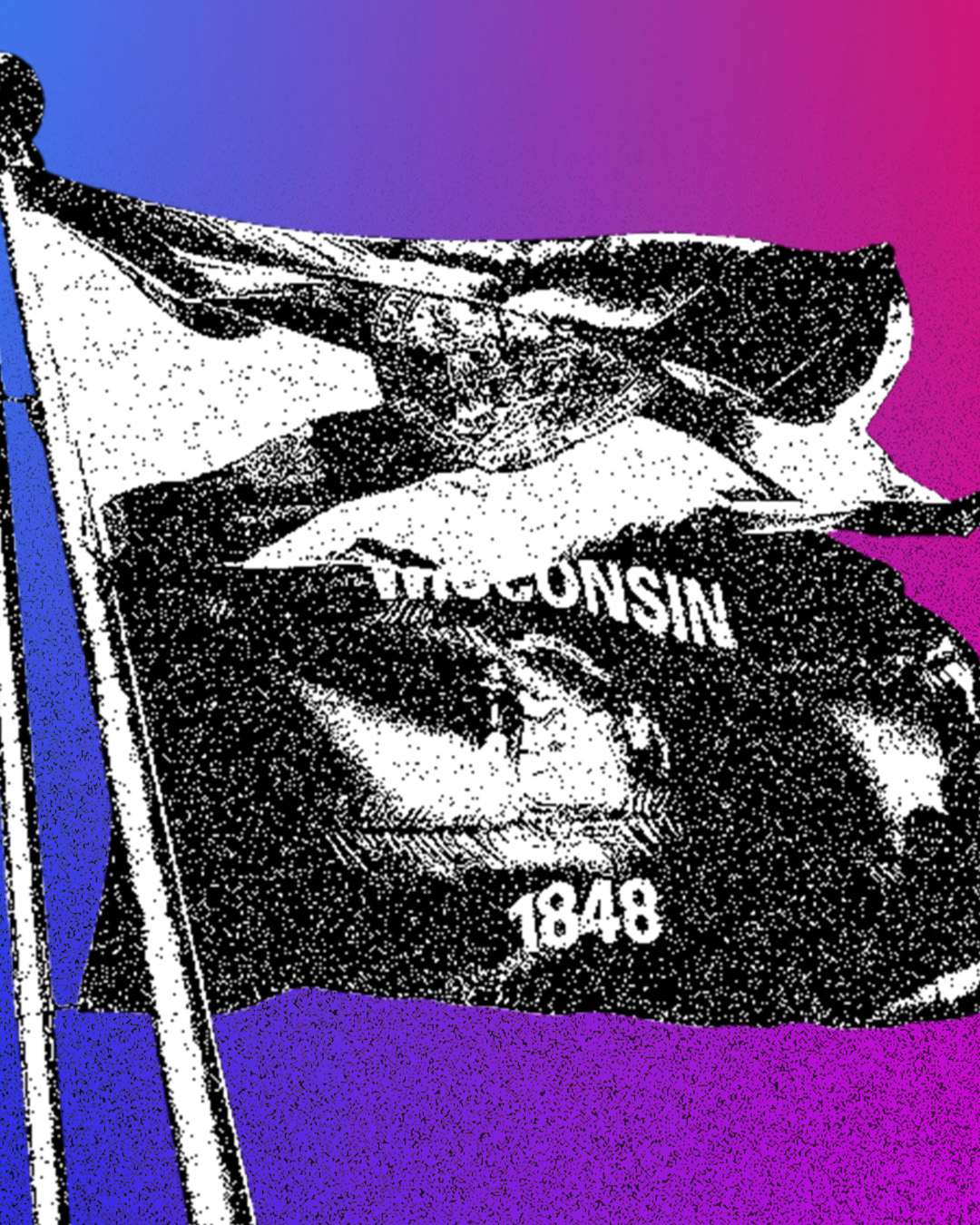Both major party candidates are failing Economics 101.
The Big Picture
As someone who loves economics like most folks love football and 50-cent wing nights, I have an axe to grind with the Republican and Democratic candidates running for president. Both Trump and Harris are ignoring basic Economics 101 while simultaneously wielding it to curry favor with particular voting blocs.
If we were to grade these campaigns as Econ 101 students, they would fail. As Greg Ip put it in the Wall Street Journal, “The candidates haven’t just demoted economic principles this year; they’ve jettisoned them altogether.”
Zooming In
The Harris Campaign’s Economic Missteps
Harris has proposed price controls that violate basic economic principles. Her policies include:
- A federal ban on price gouging for food and groceries, which could lead to shortages similar to those seen in the 1970s.
- Prescription drug cost caps, which could create drug shortages.
- New rent controls, despite overwhelming evidence that such policies restrict housing supply.
The Trump Campaign’s Tariff Obsession
Trump is pushing tariffs under the false assumption that foreign countries will bear the cost:
- A 10 percent baseline tariff on imports.
- A 20 percent tariff on foreign goods.
- A 60 percent tariff on Chinese imports.
Tariffs are a tax on consumers, and their effects disproportionately hurt lower-income Americans by raising the cost of basic goods.
The Tip Tax Gimmick
Both candidates are also pandering with tax breaks on tipped wages:
- Trump’s “no tax on tips” proposal, which lacks economic rationale.
- Harris’s counter-proposal, which follows suit.
Economists have widely criticized these policies as unfair and inefficient, shifting the tax burden onto non-tipped workers.
Cash Giveaway Politics
Both campaigns have suggested large tax credits:
- Harris’s $6,000 tax credit for newborn parents.
- A $25,000 tax credit for first-time home buyers.
- JD Vance’s proposal to increase the child tax credit from $2,000 to $5,000.
- Trump’s plan to eliminate taxes on Social Security benefits.
These policies attempt to address affordability concerns but complicate the tax code, favoring special interests and the wealthy who can afford tax lawyers.
Independent Lens
Independent voters want simple, common-sense economic policies that don’t manipulate the tax code for political gain. The goal should be to simplify and broaden the tax base while treating all Americans fairly.
Instead of convoluted tax credits and tariffs that hurt consumers, politicians should focus on sustainable solutions that promote economic growth without unnecessary intervention.
It’s time to treat economic policy with the sharpness and simplicity of Occam’s Razor: simpler is better.
Subscribe to our newsletter for more insights into economic policy and voter concerns.





